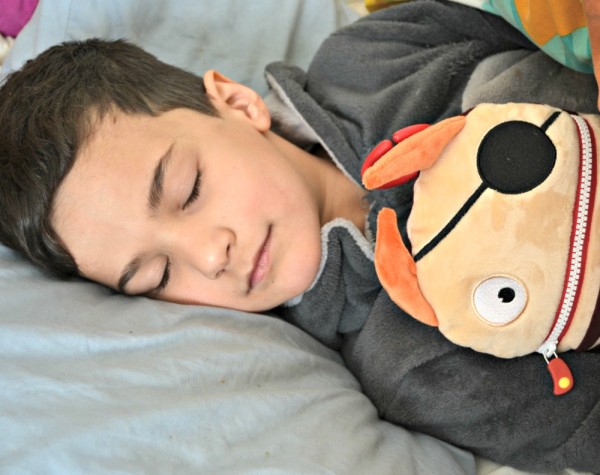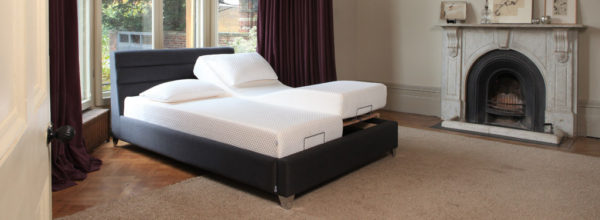Top Tips to Improve Sleep
I really enjoy my sleep and, luckily, little man also does! He has always been a good sleeper, so I can’t complain or blame him for lack of sleep. Although I sleep well most nights, sometimes I can lose my sleep and end up staring at my phone every few minutes, wondering what time it is.
Sleep is very important and we can’t function well if we haven’t slept properly. We need to sleep for energy conservation, restoration of the brain and body, learning and memory consolidation and removing waste toxins from the brain.

The following day after a bad night’s sleep is the worse, I struggle to keep awake, keep reaching for the biscuit tin at work and crave sweet treats throughout the day. We have all been there!
If you have experienced disturbed sleep, you will know what I am referring to. I have recently come across Dr Nicola Barclay’s latest research and really enjoyed learning more about it. Dr Barclay is one of the UK’s leading sleep doctors and a lecturer in Sleep Medicine from Nuffield Department in Clinical Neurosciences at the University of Oxford.
Read on to find out Dr Nicola’s tips about how we can sleep better.
Bedroom Environment

We usually spend eight hours a day sleeping, which means that around one third of our lives are spent in our bed. For this reason, we must have a comfortable bed for our health and wellbeing.
Dr Barclay insists that we should ensure our bedroom environment is cool, between 20C and 22C. Furthermore, it is essential to have a bed that provides the support that you need, cotton sheets and mattress which contain temperature-sensitive material, such as Tempur mattress.
Bedtime Routine
It’s essential to keep a regular bedtime. Dr. Barclay recommends that we should get out of bed after 15 minutes if we haven’t managed to fall asleep. As part of my bedtime routine, I like having a hot shower, then unwinding with a cup of tea and blanket. I usually try to go to sleep and wake up at the same time.
Relax
If I am stressed or worried about something, I am more likely to have troubles falling asleep. Dr Barclay suggests that we should leave worries and work outside the bedroom. I usually tend to write a to-do list or email myself if I think about something at bedtime. If I don’t do it, I won’t be able to stop thinking about it and consequently will take longer to fall asleep.
What are your tips to have a good night’s sleep?
This post has been written in collaboration with Tempur, however the opinions expressed in this post are honest and my own.
